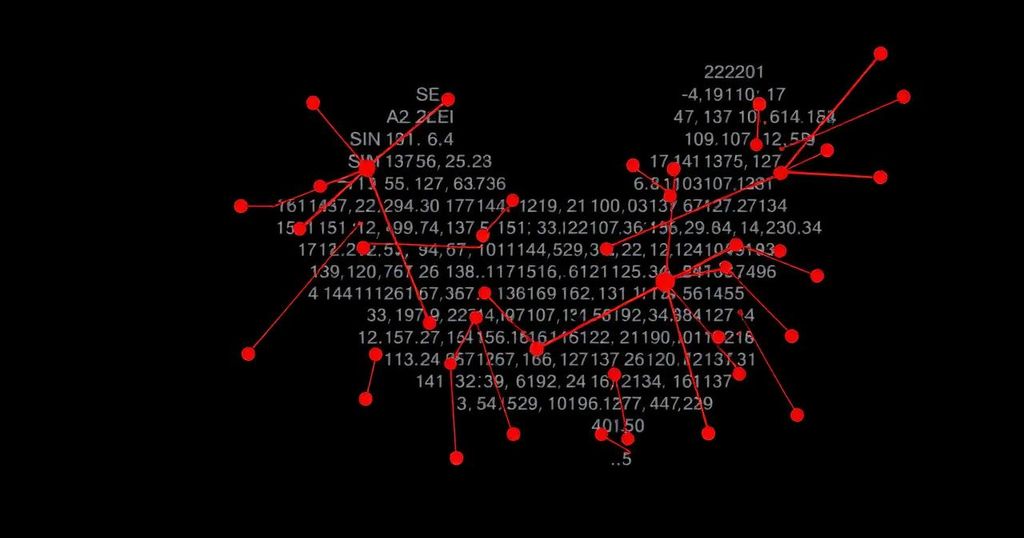China’s Debt Influence: The Case of the Maldives and Regional Implications
The growing specter of Chinese “debt traps” is becoming increasingly evident in the Maldives, an island nation that is the latest among India’s neighboring countries to confront significant international debt, predominantly owed to China. Key infrastructure projects throughout South Asia, such as bridges, ports, and airports, have been constructed by Chinese firms, leading to substantial financial obligations for countries like Pakistan, Sri Lanka, and Bangladesh. The Maldives, in particular, is contending with its own financial challenges, as it struggles to repay loans taken to develop a vital bridge connecting its capital, Male, to the international airport.
This situation has led to the proliferation of the term “debt-trap diplomacy,” which gained prominence during the administration of former President Donald Trump. This theory posits that China deliberately extends loans to vulnerable nations, anticipating repayment difficulties that would consequently provide Beijing with leverage over significant assets. However, the Chinese government has categorically denied such accusations.
In the case of Sri Lanka, the country defaulted on its external debts, culminating in a debt crisis exacerbated by the repercussions of the COVID-19 pandemic and soaring inflation rates. In 2023, Sri Lanka reached an agreement with China’s Export-Import Bank to restructure $4.2 billion of its debt, with more than half of its bilateral debt being owed to China.
The Maldives currently owes China approximately $1.37 billion, making it the largest creditor for the nation, according to World Bank data. The Maldives’ public debt reached a staggering 122.9 percent of its GDP in 2023, totaling around $8 billion. Although Saudi Arabia and India are also creditors, they significantly trail behind China in financial dominance over the Maldives.
In an effort to bolster its economy, the Maldives has procured a $200 million loan from neighboring Bangladesh. Newly elected President Mohamed Muizzu, who assumed office in November 2023, faces considerable criticism regarding his economic strategies. Detractors argue that his administration has not successfully managed the nation’s economic recovery. His recent visit to Beijing reflected a pivot toward China, as he endeavored to renegotiate existing debt terms.
Given the Maldives’ crucial location in the Indian Ocean, a vital route for 80 percent of global trade, its geopolitical significance is paramount. President Muizzu has expressed aspirations for enhanced collaborations with China under the Belt and Road Initiative, which could further entrench Chinese influence in Maldivian infrastructure initiatives.
However, the economic landscape remains precarious. In June, Fitch Ratings downgraded the Maldivian foreign-currency issuer default rating to CCC+, highlighting the escalating external debt and the difficulties associated with maintaining the currency’s peg to the U.S. dollar. The International Monetary Fund has issued warnings, urging immediate policy reforms to address fiscal deficits and manage the elevated debt burden.
Mohamed Maleeh Jamal, a former minister and board member of the central bank, has condemned the Muizzu administration for its delays in implementing critical reforms. He stated, “The government must pursue, without undue delay, the counsel of the IMF and World Bank to take prompt action to reduce recurrent financial costs and effectively mitigate external debt risks.”
Jamal also criticized President Muizzu’s leadership, suggesting that he has failed to execute an astute foreign policy, and has not shown an adequate ability to ensure that qualified individuals occupy significant roles within the government and state-owned enterprises.
Despite widespread concerns surrounding China’s financial practices, some experts challenge the concept of “debt-trap diplomacy.” For instance, Deborah Brautigam of Johns Hopkins University and Meg Rithmire of Harvard Business School, in a 2021 analysis published in The Atlantic, argued that the theory oversimplifies the nuances of international finance. They provided evidence showing that there have been no instances of China seizing assets from debtor nations and noted that China has shown a willingness to restructure loans, as evidenced by their approach in Sri Lanka, where extensions and grace periods were offered.
In summary, while the dilemma of debt accumulation looms large for the Maldives and its regional neighbors, the management of such financial engagements by China continues to invite scrutiny and divergent interpretations among scholars and policymakers alike.








Post Comment